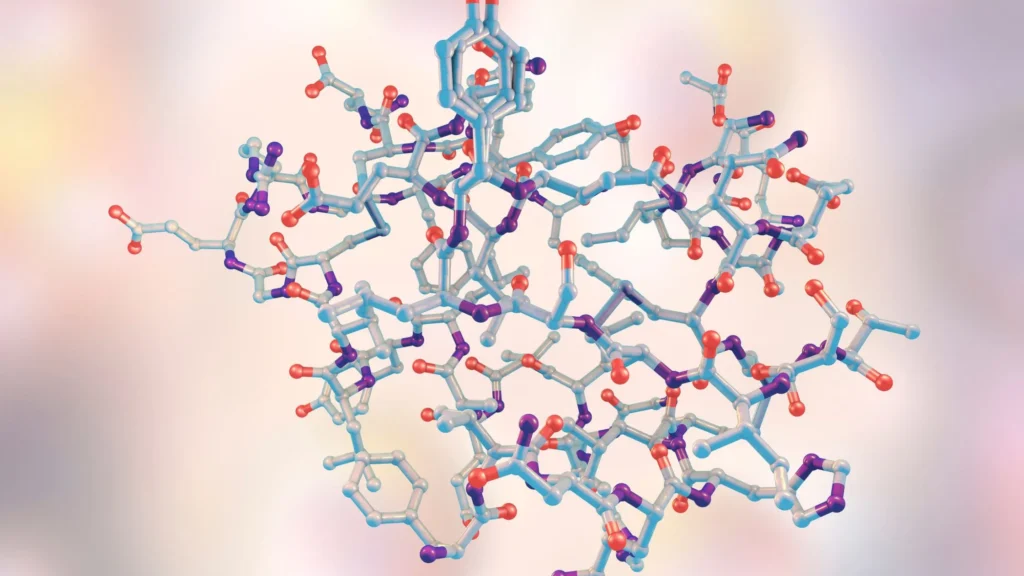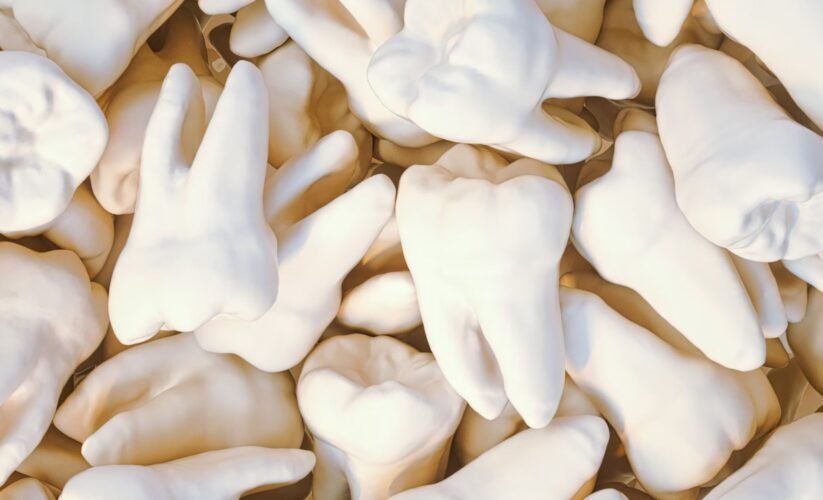
How Long Do Mushrooms Stay in Your System
How long do mushrooms stay in your system, whether mushrooms are consumed for culinary delight or for their psychoactive effects, have intrigued humans for centuries. While culinary mushrooms like Portobello and shiitake offer nutritional benefits, psychedelic mushrooms, also known as magic mushrooms, contain compounds like psilocybin and psilocin, which can alter perception and consciousness when ingested. If you’re wondering how long do mushrooms stay in your system, the answer could be more straightforward, as it depends on various factors. Let’s delve into the details.
Do you know How Long Do Mushrooms Stay In Your System?
The persistence of mushrooms in your system can fluctuate based on numerous factors, encompassing the specific mushroom variety ingested, the metabolic rate peculiar to each individual, and the quantity consumed. Psilocybin, the psychoactive compound in magic mushrooms, typically has a half-life of about 3 hours, meaning it takes roughly that long for half of it to be metabolized and eliminated from the body. Detection of psilocybin and its metabolites in urine can persist for approximately 24 hours post-ingestion. In frequent or heavy consumption cases, however, traces may require a longer duration and higher temperature to be completely removed.
Understanding Mushroom Metabolism
Before exploring how long do mushrooms stay in your system, it’s crucial to grasp how the body processes them. When you ingest mushrooms, whether edible or psychedelic, your digestive system gets to work breaking down the compounds they contain. Magic mushrooms undergo a fascinating transformation within the body: psilocybin, their key psychoactive component, metabolizes into psilocin. This compound then engages with serotonin receptors in the brain, precipitating shifts in perception and mood.
Factors Influencing Duration
Several factors influence that how long do mushrooms stay in your system:
Dosage: The amount of mushrooms consumed plays a significant role. Higher doses typically result in a more prolonged presence in the body.

Metabolism: Individual metabolic rates vary, affecting how quickly the body processes and eliminates mushrooms.
Body Composition: Weight, fat percentage, and overall health can influence metabolism and elimination rates.
Route of Administration: Whether mushrooms are ingested orally, smoked, or taken through other means can impact their absorption and elimination kinetics.
Drug Interactions: Certain medications or substances may affect the metabolism of mushrooms, prolonging or shortening their presence in the body.
Detection Methods
Determining the presence of mushrooms in the body typically involves analyzing biological samples like urine, blood, saliva, or hair. Each method has its detection window:
Urine: Psilocin and its metabolites are detectable in urine for up to 1-3 days after ingestion, though this can vary based on dosage and individual factors.
Blood: Mushrooms are typically detectable in blood for a shorter duration, usually up to 24 hours after ingestion.
Saliva: Detection in saliva mirrors blood detection, lasting up to 24 hours.
Hair: While less common, hair follicle tests can detect mushrooms for much longer, potentially several months after use.
Questioning the Duration
Why does the dosage of mushrooms consumed affect how long mushrooms stay in your system?
Higher doses contain more psilocybin, resulting in increased levels of metabolites in the body, which take longer to eliminate.
How does metabolism influence the duration of mushroom presence in the body?
Individuals with faster metabolisms process and eliminate mushrooms more quickly than those with slower metabolisms.
Can certain medications affect the metabolism of mushrooms?
Yes, some medications may interact with the enzymes responsible for metabolizing mushrooms, altering their elimination rates.
Why do urine tests have a longer detection window than blood or saliva tests?
Psilocin and its metabolites are excreted through urine, leading to a longer detection window than substances in blood or saliva.
What role does body composition play in the metabolism of mushrooms?
Variables such as body weight and percentage of body fat can influence metabolism, impacting the rate at which mushrooms are metabolized and expelled. This can result in variations in the duration it takes for mushrooms to be processed and eliminated from the body.
Implications of Detection
Understanding how long do mushrooms stay in your system is crucial for various reasons:
Employment Drug Testing: Many employers conduct drug tests during hiring or employment. Knowing the detection window of mushrooms can help individuals make informed decisions regarding their usage, especially if their job requires drug testing.
Legal Ramifications: In regions where the use of psychedelic mushrooms is illegal, being aware of how long they remain detectable in the body can influence decisions about use and potential legal consequences.
Health Concerns: Individuals concerned about the potential health effects of mushrooms may consider the duration of their presence in the body when evaluating their usage patterns.
Conclusion
The time mushrooms remain detectable in your system fluctuates based on the amount consumed, how often they’re used, individual metabolism, and the specific detection method employed. While urine tests typically have a detection window of 1-3 days, blood and saliva tests may only detect mushrooms for up to 24 hours. Understanding these factors and implications can help individuals make informed decisions about mushroom use and navigate potential consequences. As with any substance, moderation, and awareness are key to responsible consumption. How long do mushrooms stay in your system? It depends on various factors, including the type of mushroom ingested, individual metabolism, and dosage.





